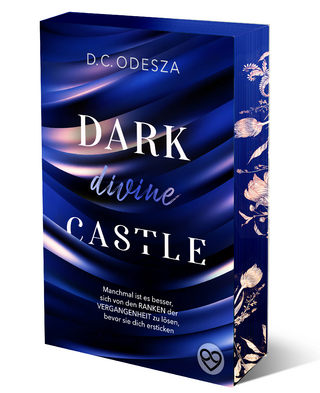
Shakespeare After Theory
Routledge (Verlag)
978-0-415-90112-3 (ISBN)
The most familiar assertion of Shakespeare scholarship is that he is our contemporary. Shakespeare After Theory provocatively argues that he is not, but what value he has for us must at least begin with a recognition of his distance from us.
David Scott Kastan is Professor of English and Comparative Literature at Columbia University. Among his publications are Shakespeare and the Shapes of Time, Staging theRenaissance (ed. with Peter Stallybrass), Critical Essayson Shakespeare's Hamlet, and The New History of EarlyEnglish Drama (ed. with John Cox). He is also a general editor of the Arden Shakespeare.
Part 1 Introduction; Introduction; Part 2 Demanding History; Chapter 1 Shakespeare after Theory; Chapter 2 Are We Being Interdisciplinary Yet?; Part 3 The Text in History; Chapter 3 The Mechanics of Culture; Chapter 4 Shakespeare in Print; Chapter 5 “Killed with Hard Opinions”; Part 4 The Text as History; Chapter 6 “Proud Majesty Made a Subject”; Chapter 7 “The King hath many marching in his Coats,” or, What did you do in the War, Daddy?; Chapter 8 Is There a Class in This (Shakespearean) Text?; Chapter 9 Macbeth and the “Name of King”; Chapter 10 “The Duke of Milan / And his Brave Son”; Part 5 Coda; Chapter 11 “Publike Sports” and “Publike Calamities”;
| Erscheint lt. Verlag | 2.12.1999 |
|---|---|
| Verlagsort | London |
| Sprache | englisch |
| Maße | 152 x 229 mm |
| Gewicht | 453 g |
| Themenwelt | Literatur ► Lyrik / Dramatik ► Dramatik / Theater |
| Geisteswissenschaften ► Sprach- / Literaturwissenschaft ► Anglistik / Amerikanistik | |
| Geisteswissenschaften ► Sprach- / Literaturwissenschaft ► Literaturgeschichte | |
| Geisteswissenschaften ► Sprach- / Literaturwissenschaft ► Literaturwissenschaft | |
| ISBN-10 | 0-415-90112-X / 041590112X |
| ISBN-13 | 978-0-415-90112-3 / 9780415901123 |
| Zustand | Neuware |
| Haben Sie eine Frage zum Produkt? |
aus dem Bereich


